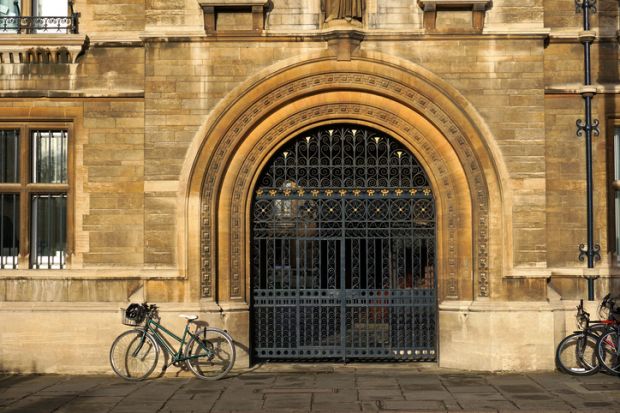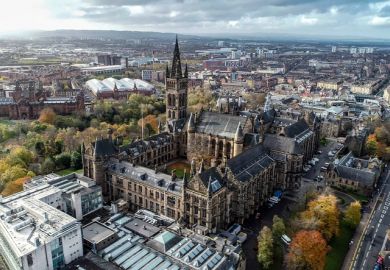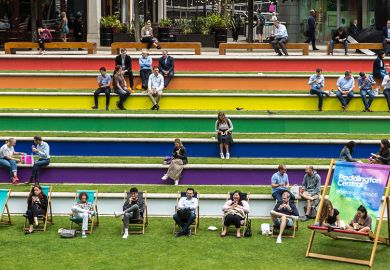The University of Cambridge plans to open a new research centre exploring the history of slavery, after a study found the university indirectly benefited from the Atlantic slave trade.
The two-year study by an interdisciplinary group of Cambridge academics found that while university institutions had not directly owned slave plantations, they benefited through investments in colonial companies that were central to the trade.
The advisory panel found colleges purchased South Sea Company shares and annuities, also receiving gifts from major investors in the Royal African and the East India companies and tuition fees from parents who owned slave estates.
While the university senate twice sent abolitionist petitions to parliament and educated important anti-slavery activists such as William Wilberforce, it also nurtured leaders of the pro-slavery movement, like Trinity College fellow Stephen Fuller.
“As a mature, research-driven university, Cambridge is better off knowing than not knowing about its past,” said vice-chancellor Stephen Toope, adding that he hoped the findings would help the university become “more self-reflective, more equitable and more open to all talent”.
Professor Toope said Cambridge would use part of a £1.5 million legacies of slavery fund to develop plans for a research centre, following the panel’s recommendation that “critical research and knowledge production must be a central part of Cambridge’s long-term response” to its past.
The move mirrors that taken by the University of Glasgow, which created a similar joint research centre with the University of the West Indies in 2019. The panel said Glasgow’s and other universities’ efforts had influenced its approach.
The university said it will extend funding for its black advisory hub to help close a degree classification gap between black and other undergraduates. It will offer more postgraduate scholarships to black British students and those from Africa and the Caribbean.
In his response to the report, Professor Toope said the university leadership will also step-up efforts to recruit, retain, mentor and support the advancement of black staff, who are particularly under-represented at senior levels.
The university will seek philanthropic and collegiate funding to top-up its £1.5 million down payment, a figure dwarfed by the reparative funds side aside by some US institutions, such as Harvard University, which in April promised to spend$100 million (£80 million) on similar initiatives.
The university said it would also commit separate funds to strengthening research partnerships in West Africa and the Caribbean, and would commission an artwork and plaque to commemorate black graduates and contextualise donors who invested in the slave trade, respectively.
“It is not in our gift to right historic wrongs, but we can begin by acknowledging them,” Professor Toope said. “The report encourages us to work even harder to address current inequalities – particularly those related to the experiences of black communities.”
Register to continue
Why register?
- Registration is free and only takes a moment
- Once registered, you can read 3 articles a month
- Sign up for our newsletter
Subscribe
Or subscribe for unlimited access to:
- Unlimited access to news, views, insights & reviews
- Digital editions
- Digital access to THE’s university and college rankings analysis
Already registered or a current subscriber?








